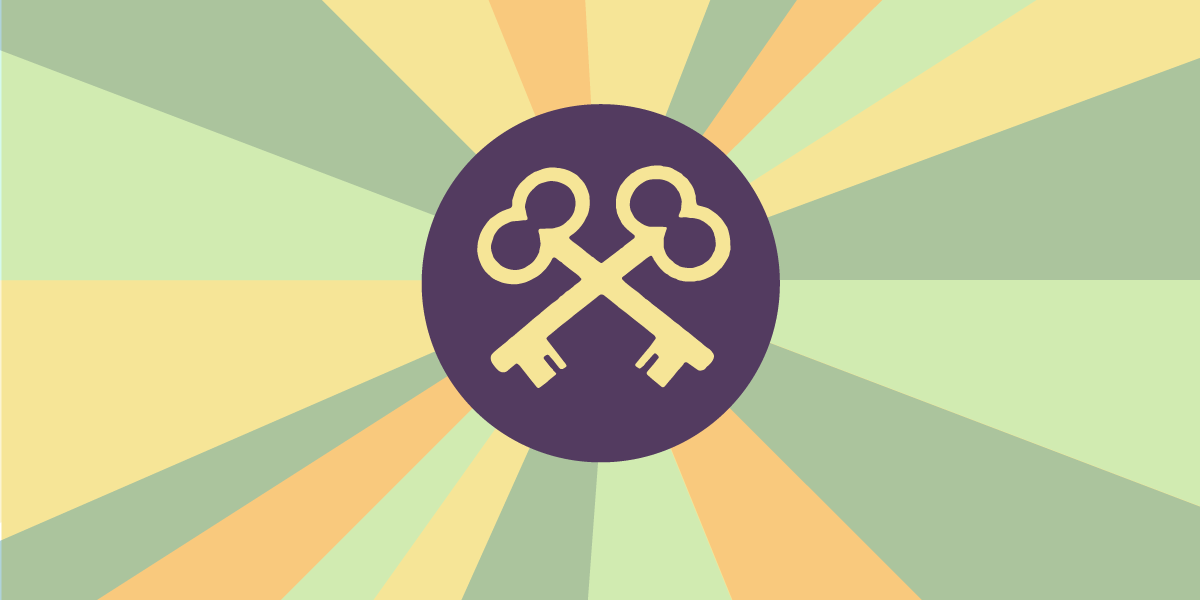Are you a young person fighting back against bad bills like this one? Become an EFF member at a new, discounted Neon membership level specifically for you--stickers included!
Update, September 19, 2023: The U.K. Parliament has passed the Online Safety Bill (OSB), which says it will make the U.K. “the safest place” in the world to be online. In reality, the OSB will lead to a much more censored, locked-down internet for British users. The bill could empower the government to undermine not just the privacy and security of U.K. residents, but internet users worldwide. Read more: Today The UK Parliament Undermined The Privacy, Security, And Freedom Of All Internet Users
The U.K.'s Online Safety Bill (OSB) is a 250+ page behemoth that attempts to tackle illegal and otherwise harmful content online by placing a duty of care on online platforms to protect their users from such content. Despite being in the works for several years, the OSB remains vague about what it requires of platforms and users alike, and has been derided as a deeply flawed censorship proposal by experts, civil society, and companies. The goal of the OSB is to make the U.K. the world’s safest place to use the internet. In fact, it would achieve the exact opposite.
As it stands, the law would:
- Mandate general monitoring of all user content
- Undermine our right to have a private conversation, and the technologies that protect that right, like end-to-end encryption
- Require privacy-intrusive age verification before a user can access a variety of sites that hosts user-generated, spanning sites such as Wikipedia and social media
These are not the only problems with the Online Safety Bill. It has been criticized for requiring legal authorization for additions or changes to the content on certain websites, and for authorizing jail time—up to two years—for anyone whose social media message could cause “psychological harm amounting to at least serious distress,” among other issues. Taken as a whole, the law would create a blueprint for repression around the world. The U.K. should abandon the Online Safety Bill, in favor of more targeted laws that balance the importance of privacy and free speech online.
How Did We Get Here
The OSB began as an Online Harms White Paper issued by the U.K. government in 2019. Four years and four prime ministers later, the bill in its current form has already been debated in the House of Commons and is currently in the House of Lords. Its primary goal is to make the internet safer, particularly for children, by introducing a "duty of care" requirement for platforms. But over the years since its introduction, the bill has grown from an already-whopping 145 pages to 262, and now spans everything from revenge porn, to child sexual abuse material (CSAM), to age verification.
The bill has similar counterparts in the US: the Kids Online Safety Act took some ideas from the Online Safety Bill, and the EARN IT Act, the STOP CSAM Act, and others tackle some of the same issues with some of the same dangerous tactics. If the Online Safety Bill becomes law, it would undoubtedly give a boost to these problematic bills, and others around the world.
We Can Stop It
The OSB is a dangerous attempt to remake the internet. Instead of privacy, we will have age verification. Instead of security, we will have backdoors in end-to-end encryption. And instead of free speech, we will have scanning and filtering of all content, all the time.
Important amendments have been introduced to limit the impact the OSB would have on encryption. If you're in the U.K., you can tell the House of Lords to protect this vital aspect of online privacy and security.
TELL THE HOUSE OF LORDS TO PROTECT ENCRYPTION IN THE ONLINE SAFETY BILL
The list of individuals, experts, civil society groups, and companies that have objected to the bill is growing. The following is a selection of those who have opposed various elements of the Online Safety Bill:
- EFF
- Liberty
- Article 19
- Big Brother Watch
- Access Now
- Fight for the Future
- Internet Society
- The Tor Project
- The Center for Democracy and Technology
- Open Rights Group
- Index on Censorship
- Signal
- Wikimedia UK
- Meta/Whatsapp
- Apple
- Wire
- Element
More Information:
- September 2023: The UK Government Knows How Extreme The Online Safety Bill Is
- September 2023: UK Online Safety Bill Will Mandate Dangerous Age Verification for Much of the Web
- June 2023: Letter to Technology Minister Chloe Smith: Civil society organisations urge UK to protect global digital security and safeguard private communication
- May 2023: Explainer from The Verge
- May 2023: The UK Online Safety Bill Must Not Violate Our Rights to Free Speech And Private Communication (EFF)
- April 2023: Civil Society Committee Stage Briefing on the Online Safety Bill for House of Lords: Illegal Content Safety Duties and Prior Restraint
- April 2023: Encrypted Messaging Companies Send an Open Letter to the British Government on the Online Safety Bill
- March 2023: Tell the UK’s House of Lords: Protect End-to-End Encryption in the Online Safety Bill (EFF)
- February 2023: Civil Society Organizations Call on the House Of Lords to Protect Private Messaging in the Online Safety Bill (EFF)
- January 2023: Joint Second Reading Briefing on the Online Safety Bill for the House of Lords: Private Messaging
- November 2022: Experts Condemn The UK Online Safety Bill As Harmful To Privacy And Encryption (EFF)
- November 2022: 70 organizations, cyber security experts, and elected officials sign open letter expressing dangers of the UK’s Online Safety Bill
- August 2022: The UK Online Safety Bill Attacks Free Speech and Encryption (EFF)
- July 2019: EFF and OTI submitted joint comments as part of the Online Harms White Paper consultation








